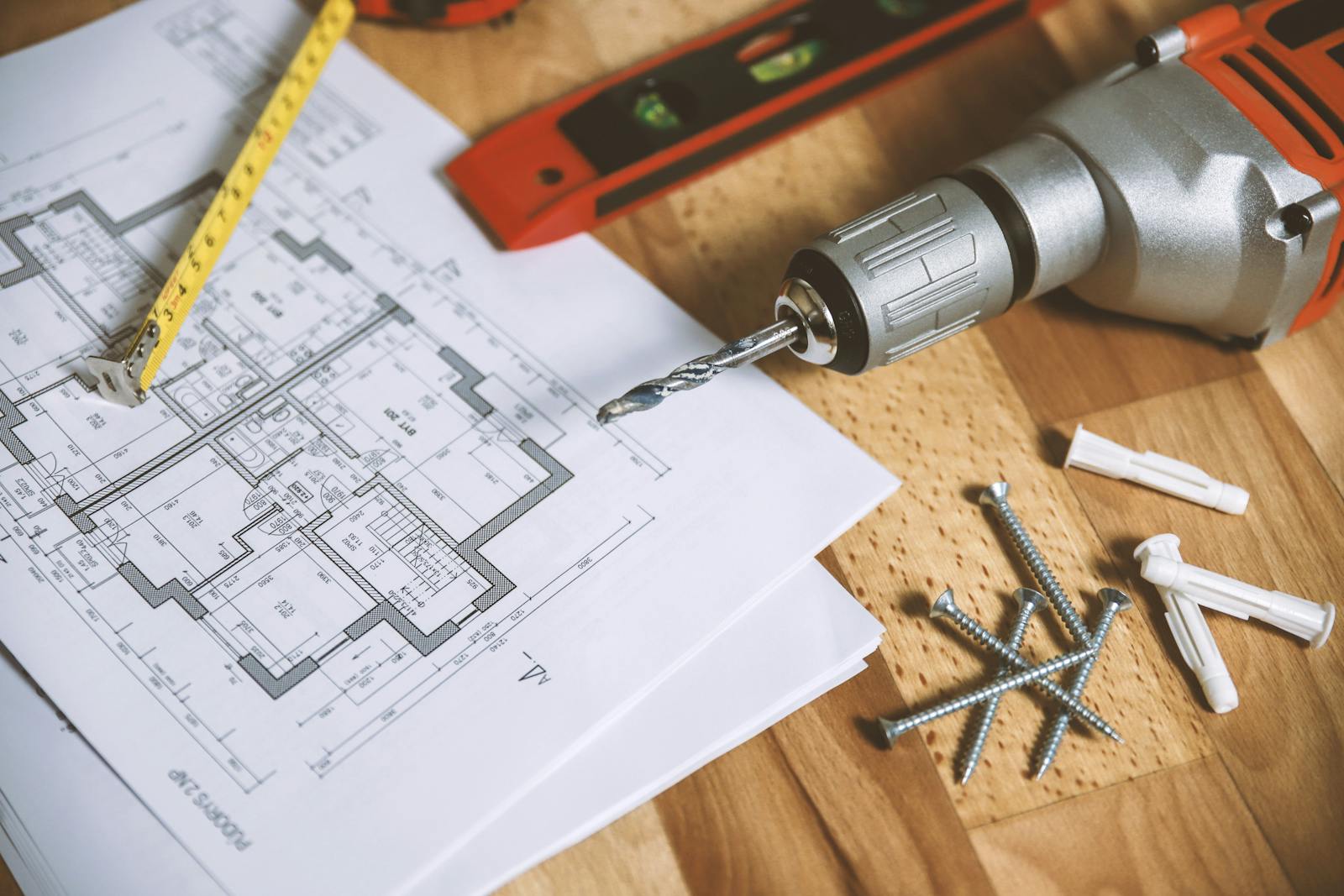How to avoid obstacles, eliminate uncertainty, and experience the excitement of finding a home.
The path toward homeownership can be a long and winding road. By thoroughly understanding each step of the process, homebuyers can avoid obstacles, eliminate uncertainty, and experience the excitement of finding a house to call home. You can break the home-buying process into eight essential steps:
Find the Real Estate Agent
To start your home-buying journey, it’s important to hire a real estate agent. With expertise in the real estate market and process, an agent serves as a trusted source of information to help you make decisions. There are countless brokerages and agents to choose from, so the challenge isn’t just finding an agent, but finding the right agent for you. Follow these tips to help make sure you hire an agent who best fits your needs.
Get Pre-Qualified
The next step is to get pre-qualified for a mortgage. Pre-qualification for a loan provides insight into how much house you can afford. Here are reasons why pre-qualifications are so important and can accelerate the path toward homeownership.
Search for Homes
After determining your budget, it’s time to begin searching for homes. Be realistic by identifying your wants versus your needs before beginning your search. To help ensure you find the home of your dreams, follow these house hunting tips.
Make an Offer
Once you find a home you love, your agent will prepare to make an offer based on the price and terms you choose. Including an offer letter helps distinguish yourself from other candidates. Here are tips to consider when writing your offer letter.
Negotiation
Negotiating a price is one of the most crucial aspects of your real estate journey. It’s also the point at which your agent’s expertise can make the most dramatic difference. Learn more about your agent’s role as a professional negotiator.
Inspections and Appraisal
A professional home inspector will examine the home to identify any damages or fixes that need to be made. Using the inspection report, your agent can negotiate with the seller to get the damages fixed or price compensated in the final sale. Here is a more extensive explanation as to why home inspections matters. Additionally, you will order a home appraisal to determine the accurate value of the home.
Closing
During the closing, you and the seller will sign all necessary documents to finalize the sale and transfer the ownership of the property. To make sure your closing runs smoothly, here are some tips to follow.
Move In!
The long-awaited home is officially yours. It’s time to start boxing up all your belongings. To relieve the stress of moving, preparation is key. Follow this guide to prepare for the big move.
Source:https://news.remax.com/the-home-buying-process-in-8-steps














